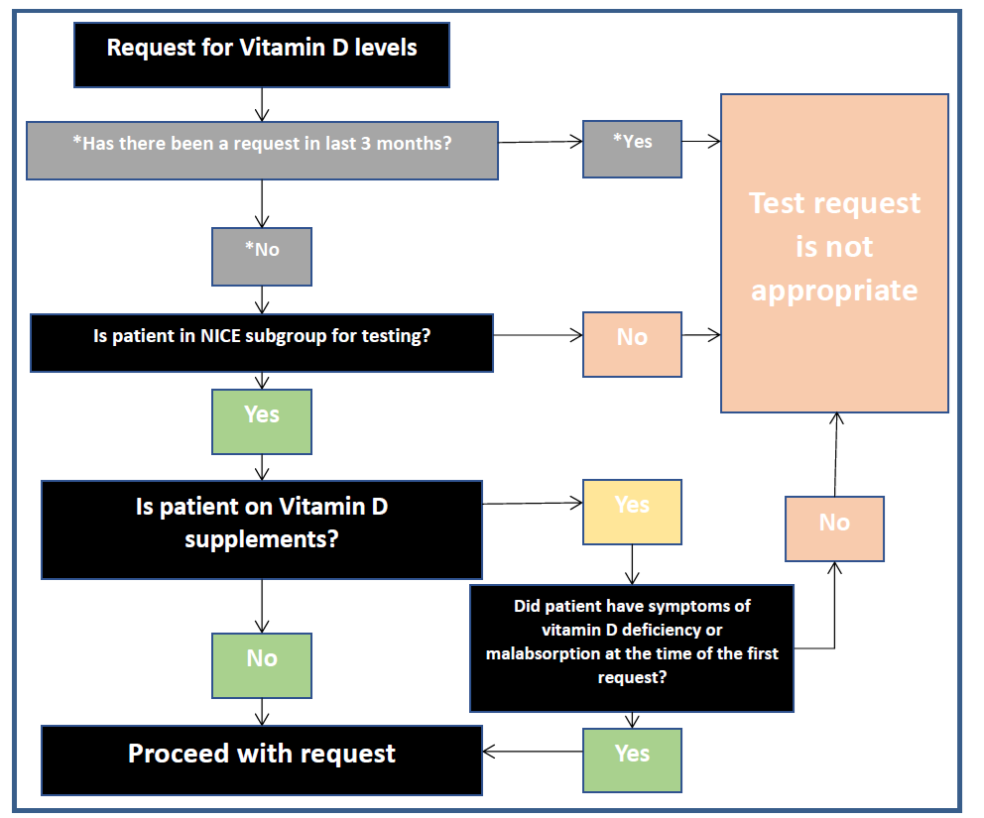By Christopher Chaloner, Consultant Paediatric Biochemist and Joint Clinical Director of Clinical Biochemistry
June 2022
Background
The MFT Directorate of Clinical Biochemistry has been reviewing all aspects of current practice across the hospital group. This is to take account of cross-site clinical services developments; to assist in preparation for new IT systems including HIVE/EPIC and GP ICE; and to facilitate full regulatory alignment across all hospital laboratories in the group. The main objectives of our reviews are to:
- harmonise practice and remove unwarranted variation across all MFT Hospital sites – ORC, Trafford General Hospital and Wythenshawe – and the Primary care Practices served by them.
- harmonise reference intervals, interpretative clinical guidance, and reporting comments.
- ensure services are aligned to relevant national guidance (eg NICE, SIGN), or international best practice where UK aligned guidelines do not exist.
- ensure services are sustainable now and in the future.
Findings
As part of this process we have reviewed vitamin D test requesting. We found the following:
- Growth in demand driven by non-NICE-compliant and inappropriate requesting patterns have rendered the current service unsustainable. There is thus a pressing need to ensure rational requesting in line with current NICE guidelines.
- Current reporting comments are aligned to the GMMMG Guidelines.
- A summary of the main NICE guidance is reproduced here:
- Do not routinely test for vitamin D deficiency in people who are asymptomatic.
- Check the vitamin D level by measuring serum 25-hydroxyvitamin D (25[OH]D) if a person has:
- Musculoskeletal symptoms that may be attributable to vitamin D deficiency, such as:
- Suspected osteomalacia.
- Chronic widespread pain with other features of osteomalacia (such as proximal muscle weakness).
- Musculoskeletal symptoms that may be attributable to vitamin D deficiency, such as:
- Suspected bone disease that may be improved with vitamin D treatment, such as osteomala-cia or osteoporosis. See the CKS topic on Osteoporosis – prevention of fragility fractures for more information.
- Known bone disease, where correction of vitamin D deficiency is needed prior to specific treatment, such as:
- Prior to osteoporosis treatment with a potent antiresorptive agent (zoledronate, denosumab, or teriparatide).
- Prior to Paget’s disease treatment with a bisphosphonate.Note: asymptomatic people at higher risk of vitamin D deficiency do not need routine testing for vitamin D deficiency, but should be advised on the need for maintenance dose vitamin D supplementation. See the section on How to treat.
Note: people with osteoporosis and fragility fracture who are treated with vitamin D supplements and an oral antiresorptive agent do not need routine testing for vitamin D deficiency.
- We have identified that there is currently a high frequency of unnecessary and multiple requesting of the test that does not follow current NICE guidance.
Decisions
-
- Although repeat testing following treatment with supplemental Vitamin D is generally not recommended (as outlined in the NICE guidance above, and re-iterated in Royal College of Pathologists Minimum retesting Intervals G147 National minimum retesting intervals in pathology pp13-14), there may be occasions where it is clinically helpful and for these patients, a minimum retest interval of 6 months is suggested. To facilitate this change, the minimum retest interval will be set at 3 months from October 4th 2021, then subsequently from May 2nd 2022 it will be set to 6 months.
- MFT labs will continue reporting Vitamin D levels against GMMMG Guidelines with the existing comment codes to aid interpretation.
- MFT labs will implement IT decision aid/screening questions to facilitate requesting of the test that is compliant with guidelines. Please refer to the infographic below which summarises the IT changes. This is to assist with compliant requesting for Vitamin D testing, harmonise the approach across all of MFT, and make the process more streamlined and straightforward for clinical colleagues.
 In this section
In this section
